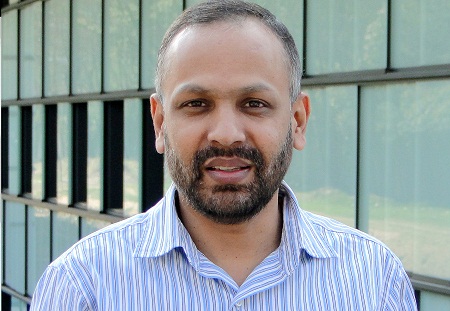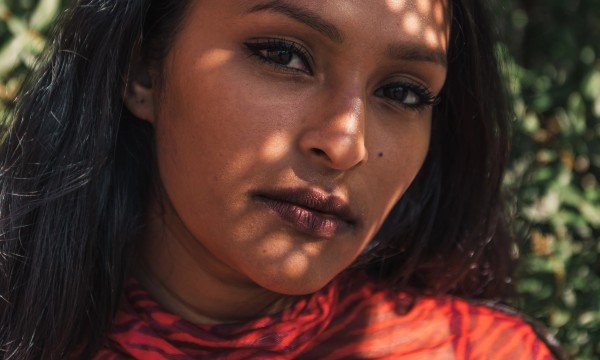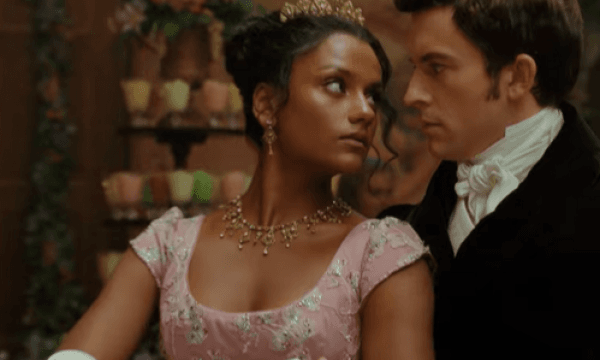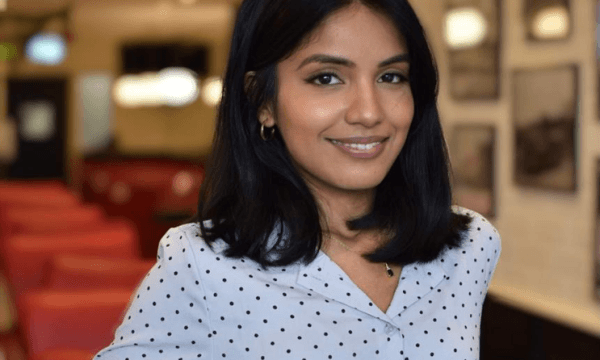
Mahesh Mahalingam, the current Head of Communications at UNAIDS, recently spoke at TEDxGenevaChange about "how a monkey God, a mountain, and the postal system can show us the way to provide healthcare for everyone in the world, regardless of where they were born, or where they live."
Mahesh's work on raising awareness about AIDS began in India, and has since expanded globally to focus on young people, pregnant women, and people at higher risk of HIV infection. He's also worked on developing policies and programmes on HIV prevention and treatment. TC had the chance to talk to Mahesh about how he went from working in advertising and broadcasting to working on AIDS awareness—read our interview below!
TamilCulture: What sparked your passion for activism?
Mahesh Mahalingam: At college I was a volunteer with the National Service Scheme (NSS) a programme that introduced students to the concept of social service. I was also a member of the college debating team and we used to debate about almost everything under the sun. In fact my family thought I was pursuing a degree in Deabatology instead of Sociology. One such debate was on Dowry and I was challenged on what I would do about it. That got me thinking and took me on a path of activism. I explored a lot of issues, but never thought of myself as an activist. The NSS and the teachers who taught me played a big role in shaping me.
TC: What led you to transition from working in advertising and broadcasting to developing a national AIDS education programme?
MM: I continued my association with the National Service Scheme even after I had left college. When NSS was invited by the World Health Organization in 1991 to develop an AIDS education programme for young people, I was invited to join the team. I could finally use my skills in communication and passion for social issues at the same time! It was also a topic that was on every young person’s mind those days—sex and drugs.
TC:How did you go about developing the programme?
MM: We had a simple concept—let young people themselves come up with the messages they want to hear about AIDS. So instead of telling young people what to do, we taught them how to design a campaign and let them lead. Even before the National AIDS Programme was set up in India, Indian university students were already designing their own messages and campaigns. It was all about Youth Power.
Many people opposed the idea of talking about sex and drugs in schools and colleges. It was the first time somebody was attempting to do this on a national scale. We had to explain our objectives clearly and keep the young people in the forefront. People were happier to talk about AIDS than about sex, and we capitalized on it. But then how can you talk about AIDS without talking about sex?
TC: You left a relatively conventional career for one that was unknown. What made you persist, even as you would have undoubtedly faced many challenges?
MM: It was an accident that I left advertising. Advertising was lucrative and fun. It most importantly trained you to learn new things fast. Each day you were learning about some new product and finding ways to promote it. However I was never satisfied. So when this chance came, I was happy to move over. At first some people thought I was crazy, but they could also see that I was happy. AIDS was a new issue then—it had mystery and intrigue attached to it, even fear. I began to see parts of India that I had not been to before, I began to understand the lives of people including sex workers, gay men, people living with HIV, young men and women and they always gave you hope and taught you how to survive. They helped me change my attitudes, my perceptions about life.
TC:Do you find that some regions are more receptive than others to educational programmes about HIV prevention and treatment?
MM: When you lecture, you can be sure that you are never heard. When you listen, you can communicate. In the AIDS response we have found that when communities talk, they can find their own solutions. When you lecture communities, you won’t get very far.
TC:For many combatting AIDS is overwhelming – they don’t know where to start. What can our readers do to support the fight against AIDS?
MM: Supporting the AIDS response is easy. People can start with themselves. Do you know about HIV? What are your opinions about people living with HIV? Are you homophobic? Do you know your HIV status? Do you know where to get help?
On the other hand we also need you as activists and supporters.
AIDS is still not over, but we now have a chance to end AIDS. So we still need a lot of help. As citizens, we have to keep the pressure on governments to keep investing in programmes for AIDS—domestically and internationally.
—Nive Thambithurai, Editor (Entertainment, Spotlight)

























